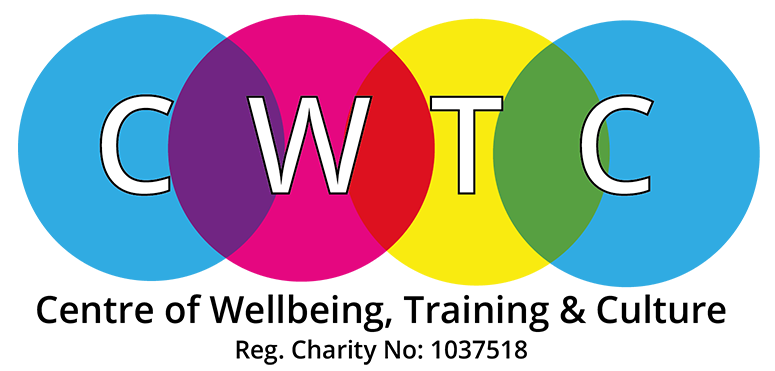Drugs & Alcohol

This involves comprehending the physiological ( how drugs and alcohol affects the body and psychological (how they affect the mind and behaviour ) effects. It includes learning about the short-term effects (e.g, intoxication, impaired judgement, and long-term consequences (e.g., addiction and organ damage.
Risk Assessment and Management
- They also learn strategies to manage these risks effectively, such as setting boundaries, avoiding high-risk situations, and seeking help when needed.
- Decision-Making Skills: This involves honing the ability to critically evaluate situations involving substance use and making informed decisions based on potential risks and benefits. Students learn to consider factors such as personal values, goals, and the impact of their choices on themselves and others.
Empathy and Support
- Students develop empathy towards individuals struggling with substance abuse by learning about the underlying factors contributing to addiction, such as trauma, mental illness, and socioeconomic factors. They also learn how to provide support and assistance in a non-judgmental and compassionate.
Community Engagement
- Students develop empathy towards individuals struggling with substance abuse by learning about the underlying factors contributing to addiction, such as trauma, mental illness, and socioeconomic factors. They also learn how to provide support and assistance in a non-judgmental and compassionate.
Contact
Your content goes here. Edit or remove this text inline or in the module Content settings. You can also style every aspect of this content in the module Design settings and even apply custom CSS to this text in the module Advanced settings.
Stay Connected with Us on Social Media
Youtube
Discover More Blogs
Like what you read? Explore more blogs on the CWTC Website

Recent Comments